Clinical Conundrum: Should a Troponin Routinely be Ordered in Patients with SVT?
RebelEM
SEPTEMBER 21, 2023
Bottom Line Up Top: Troponins should not be routinely sent in patients presenting with SVT. Rarely, they may be necessary if the patient has concerning ischemic symptoms that persist after conversion to sinus rhythm. Clinical Scenario: A 44-year-old man presents with palpitations that started 45 minutes ago. He has no medical problems and denies any prior similar symptoms.


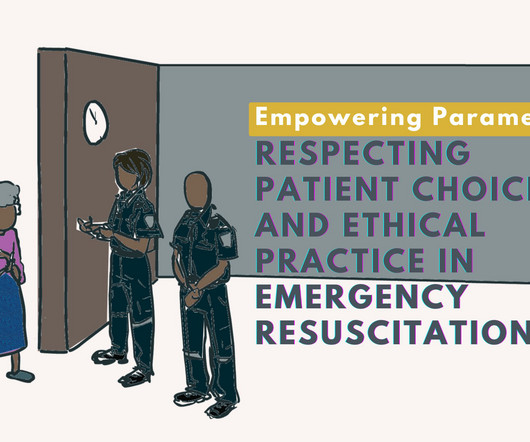

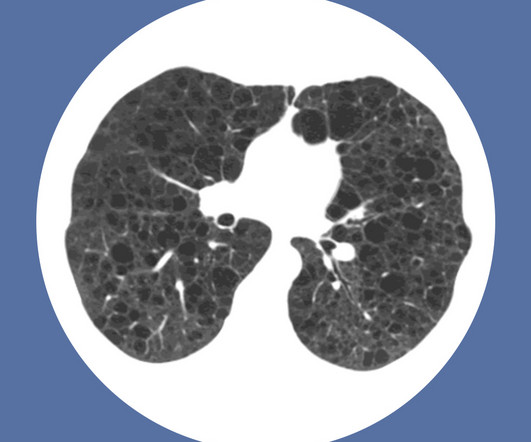
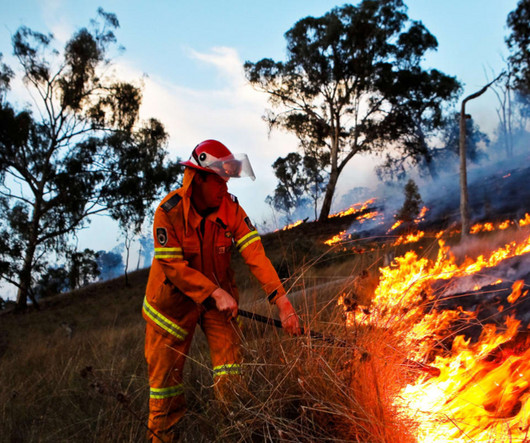
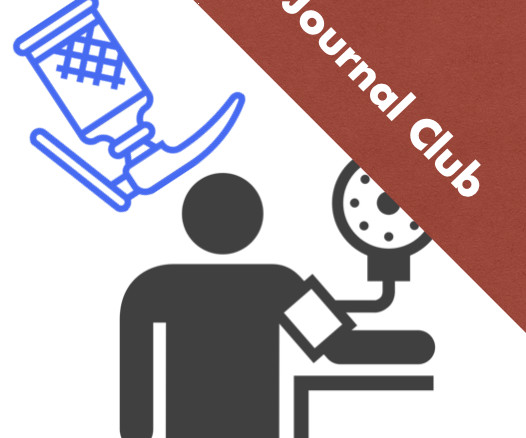





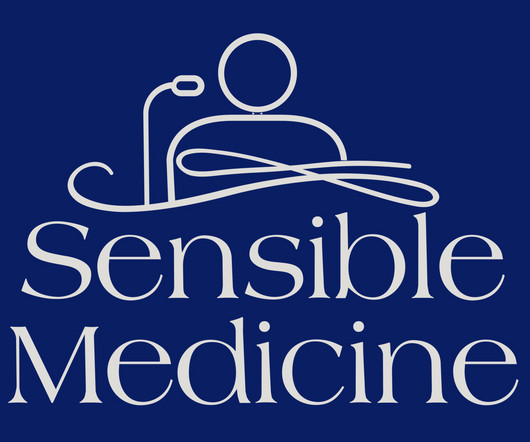






Let's personalize your content